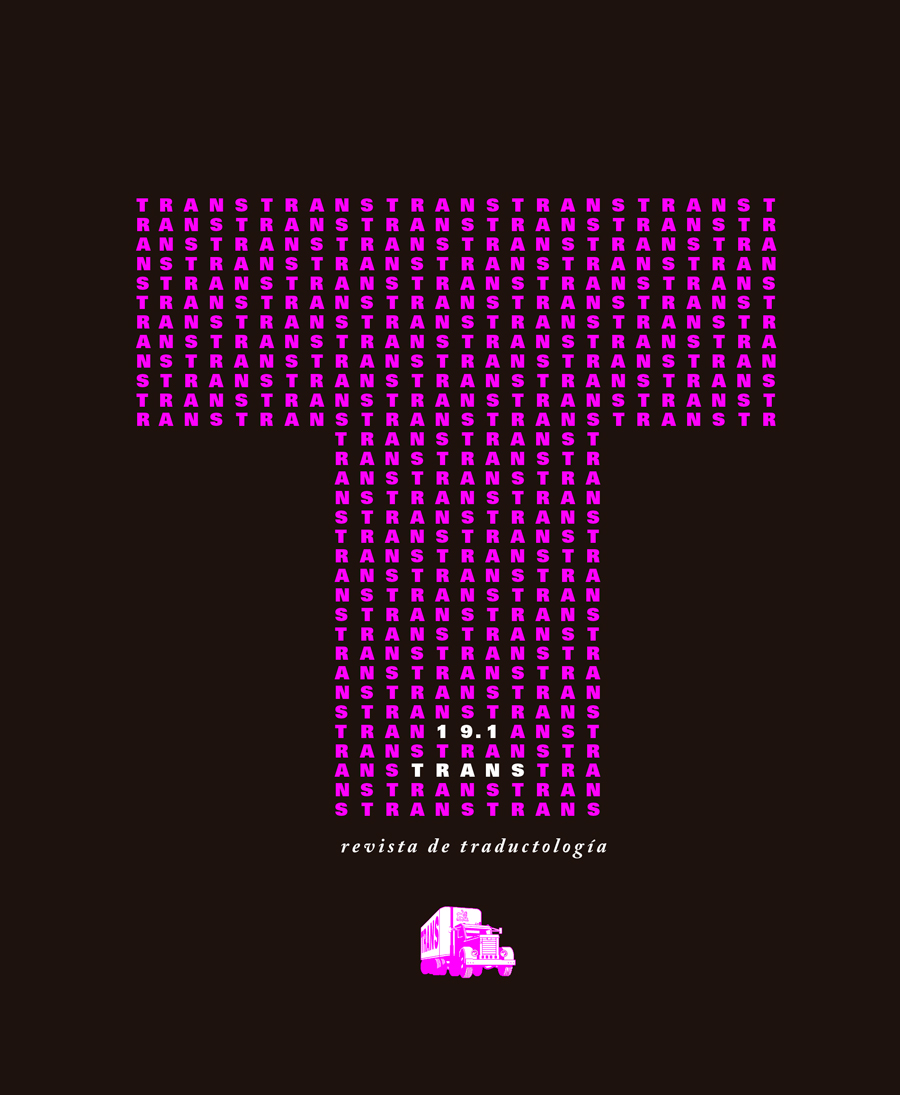Towards the professionalization of legal interpreting: insights around the pair training-accreditation.
DOI:
https://doi.org/10.24310/TRANS.2015.v1i19.2097Keywords:
public service interpreting, legal interpreting, sworn translation-interpreting, professional accreditation, certification, professional registers, qualityAbstract
It seems to be widely accepted that interpreter training and the implementation of credentialing certification tests as means of gatekeeper to the profession are crucial elements within the professionalisation process of legal interpreting (court and police interpreting etc.). However, quite often, these two elements are set up independently and without any relationship between each other. Taking advantage of the current situation in Spain, where the full transposition of EU Directive 2010/64 on interpreting and translation in criminal proceedings has not yet been accomplished, this paper aims at reviewing some aspects that shape legal interpreter training, which, in turn, contribute to different training models. Likewise, different professional accreditation models will be analysed so as to establish their relationship with training factors. Based on this analysis, we will later focus on the current situation in Spain. Our goal is to explore different pathways towards the full professionalisation of an activity the ultimate goal of which is to guarantee the right to due process and a fair trial.Downloads
Metrics
Publication Facts
Reviewer profiles N/A
Author statements
Indexed in
-
—
- Academic society
- N/A
- Publisher
- Universidad de Málaga
Downloads
Published
How to Cite
Issue
Section
License
All contents published in TRANS. Revista de Traductología are protected under the Creative Commons Attribution-NonCommercial-ShareAlike 4.0 International (CC BY-NC-SA 4.0) license. All about this license is available in the following link: <http://creativecommons.org/licenses/by-nc-sa/4.0>
Users can copy, use, redistribute, share and exhibit publicly as long as:
- The original source and authorship of the material are cited (Journal, Publisher and URL of the work).
- It is not used for comercial purposes.
- The existence of the license and its especifications are mentioned.
- ShareAlike — If you remix, transform, or build upon the material, you must distribute your contributions under the same license as the original.
There are two sets of authors’ rights: moral and property rights. Moral rights are perpetual prerogatives, unrenounceable, not-transferable, unalienable, imprescriptible and inembargable. According to authors’ rights legislation, TRANS. Revista de Traductología recognizes and respects authors moral rights, as well as the ownership of property rights, which will be transferred to University of Malaga in open access.
The property rights are referred to the benefits that are gained by the use or the dissemination of works. TRANS. Revista de Traductología is published in an open access form and it is exclusively licenced by any means for doing or authorising distribution, dissemination, reproduction, , adaptation, translation or arrangement of works.
Authors are responsable for obtaining the necessary permission to use copyrighted images.













21.png)
